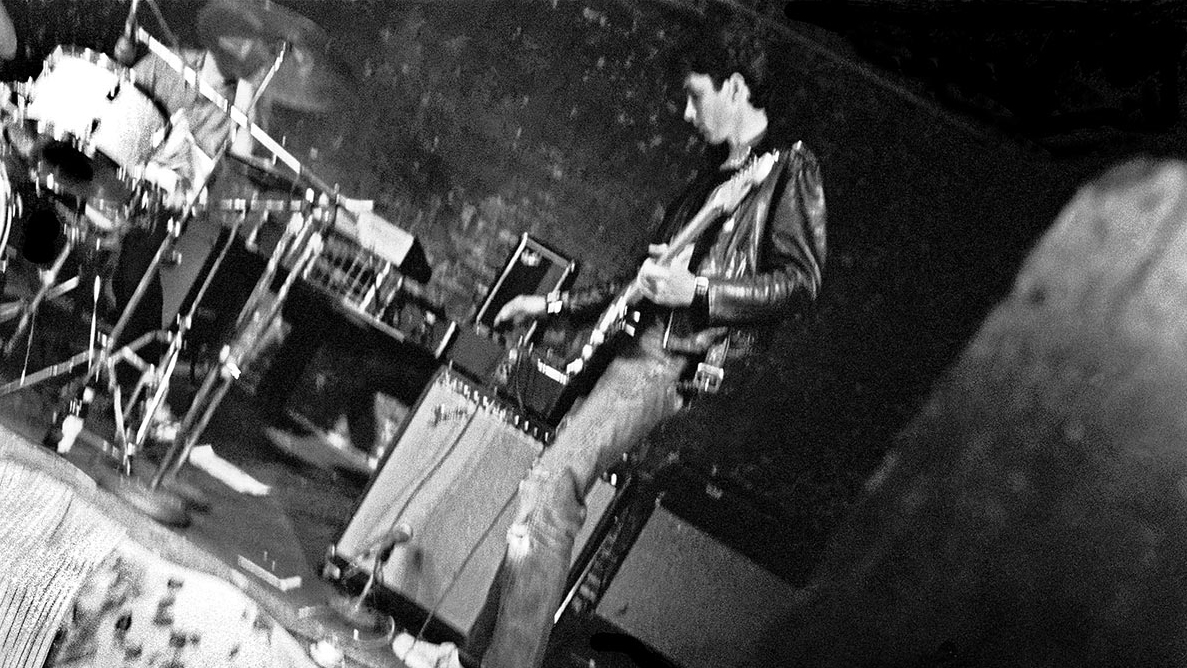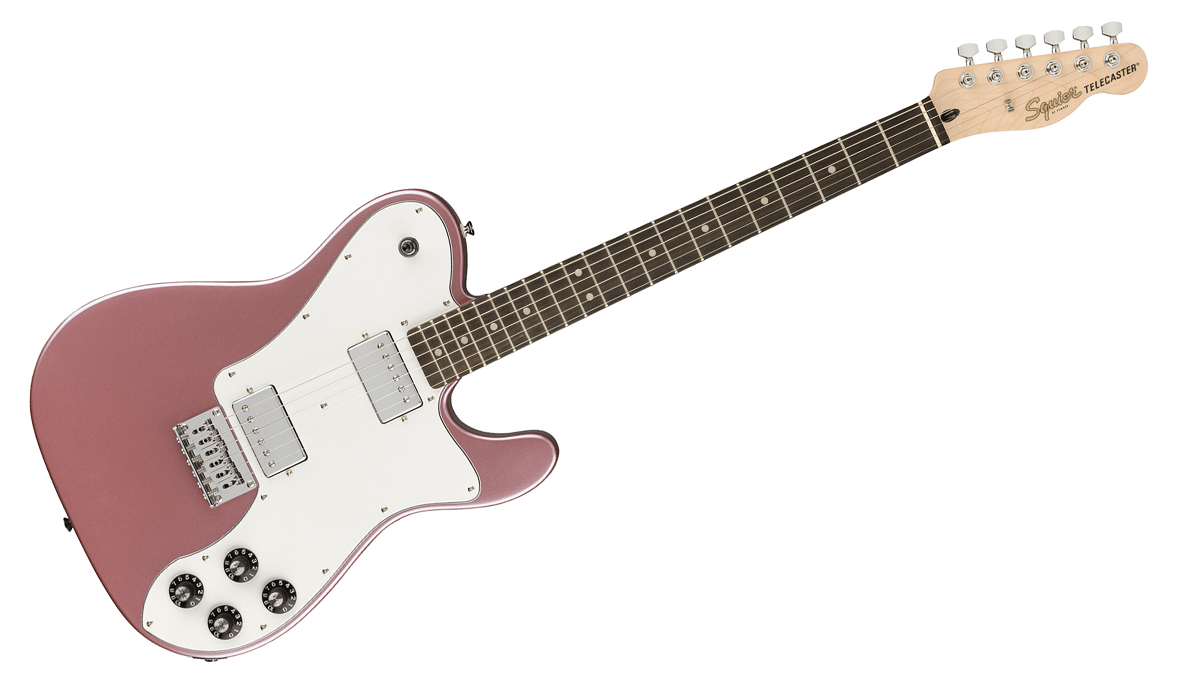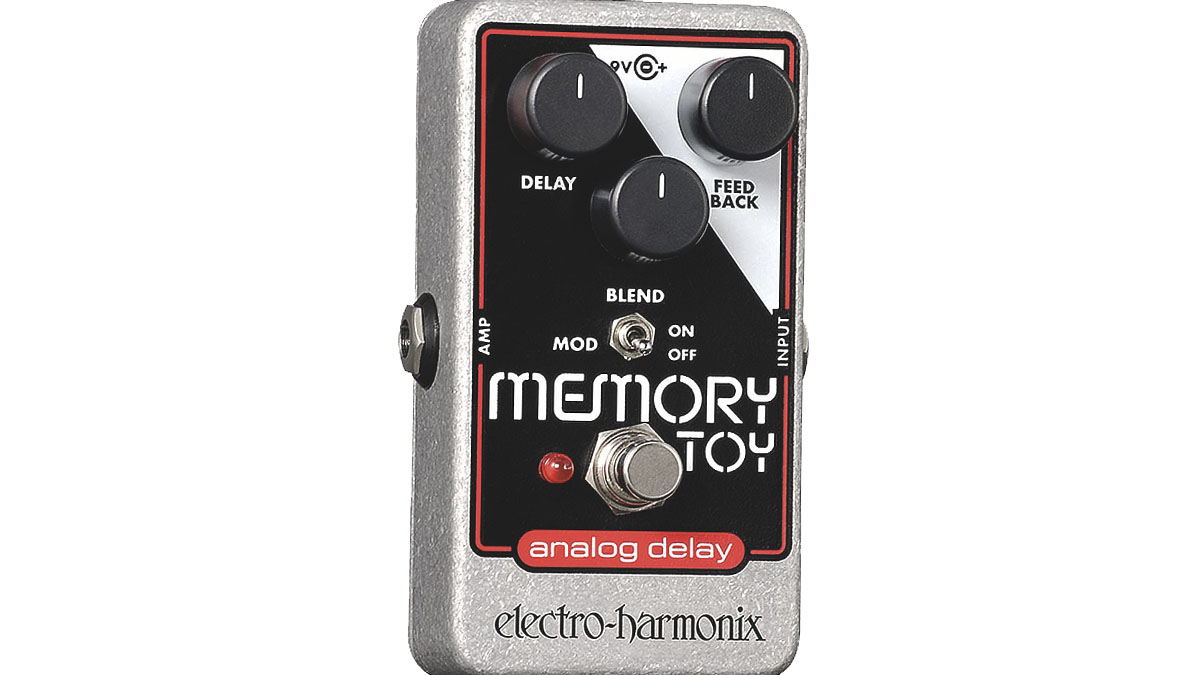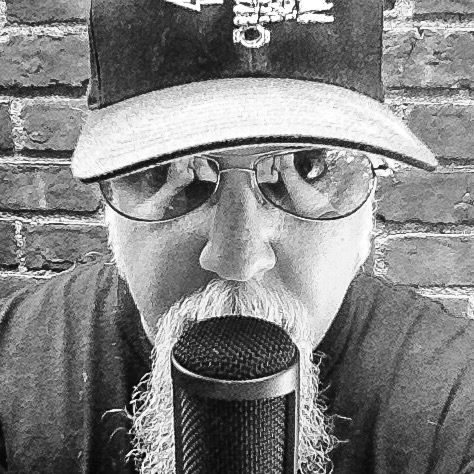The secrets behind East Bay Ray’s guitar tone on the Dead Kennedys’ Holiday in Cambodia
And how to nail that tone without spending mega-bucks on a vintage Echoplex...

The U.S. hardcore punk movement simmered under the surface during the late-'70s as numerous bands across the country experimented with controversial lyrics and sounds with a much rougher edge than the punk music that proceeded it.
When the Dead Kennedys released their debut album, Fresh Fruit for Rotting Vegetables, in 1980, American hardcore punk exploded like an erupting volcano. The album’s release marked a landmark shift away from the traditional punk sounds of bands like the Ramones, Sex Pistols and X toward a more primal, aggressive and decidedly more noisy approach.
The high point of Fresh Fruit for Rotting Vegetables is its penultimate song, Holiday in Cambodia, a different version of which was previously released as the band’s second single. Holiday in Cambodia sounded unlike any punk-rock song preceding it – hardcore or otherwise – thanks to its dark, moody echoing guitar parts that were like a combination of instrumental surf, Ennio Morricone spaghetti western soundtrack and thrash music.
Guitarist East Bay Ray incorporated a simple but surprisingly sophisticated approach that included chromatic riffs, dramatic octave lines, major and minor chord arpeggios and a good dose of power chord wallop.
Guitar: c. late-'70s Marchis Telecaster copy with humbucking bridge pickup (bridge pickup), Volume: 10, Tone: 10
Amp: c. 1964-67 Fender Super Reverb (Vibrato channel, Input 1, Bright On, Volume: 7, Treble: 7, Middle: 8, Bass: 4, Reverb: 0, Speed: 0, Intensity: 0) with four Oxford 10L6 10-inch speakers
Effects: Maestro EP-3 Echoplex (Echo Delay: 16, Sustain: 4, Echo Volume: 3)
Strings/tuning: Unknown (most likely Ernie Ball Slinky .010-.046)/standard
Pick: Unknown, most likely traditional teardrop heavy
The Dead Kennedys bass/drums/guitar power trio lineup gave East Bay Ray plenty of space to fill, and instead of bashing out distorted barre chords, he often opted for a more ambient approach, using copious amounts of echo generated by his battered Maestro EP-3 Echoplex tape unit.
There was nothing subtle about his use of echo, and combined with a decent amount of overdrive generated by his Fender Super Reverb he crafted a powerful sound that still managed to provide crystal-clear twang.
The key to that clarity is to keep the amp’s sound dry, as the Fender’s reverb tank would otherwise turn the sound to mush. Another key to Ray’s tone is the bridge humbucking pickup in his cheap Japanese Telecaster knockoff.
Get The Pick Newsletter
All the latest guitar news, interviews, lessons, reviews, deals and more, direct to your inbox!
The 25.5-inch scale length enhances twang and attack, while the humbucker provides extra output that really comes into play during the barre chords on the chorus. Cork sniffers will try to tell you to use an expensive boutique Echoplex-style pedal, but 95 percent of the sound can be replicated with a cheap analog delay to keep things properly punk.
Get the sound, cheap!

Squier Affinity Series Telecaster Deluxe with laurel fingerboard

Fender Pro Junior IV 1x10 combo

Electro-Harmonix Memory Toy analog delay pedal
Tone Tip: Use analog delay, not digital, for punk-approved grit and low-fi reverberation. The all-important delay/echo settings should be in the range of 290-300ms, four repeats and 30 percent blend.
Chris is the co-author of Eruption - Conversations with Eddie Van Halen. He is a 40-year music industry veteran who started at Boardwalk Entertainment (Joan Jett, Night Ranger) and Roland US before becoming a guitar journalist in 1991. He has interviewed more than 600 artists, written more than 1,400 product reviews and contributed to Jeff Beck’s Beck 01: Hot Rods and Rock & Roll and Eric Clapton’s Six String Stories.
“I didn’t use any amps. The pedal that saved me was the Boss Super Overdrive”: How Yves Jarvis made 2025’s most exciting experimental record so far with a $50 Explorer knockoff and an unbelievably weird tuning
“Chess was cussin' when I got to the session with Muddy. But when he heard me, he just sat there with his mouth open”: Leonard Chess wanted to cash in on the folk boom, and asked Muddy Waters to bring him an old acoustic bluesman. He brought him Buddy Guy




![[from left] George Harrison with his Gretsch Country Gentleman, Norman Harris of Norman's Rare Guitars holds a gold-top Les Paul, John Fogerty with his legendary 1969 Rickenbacker](https://cdn.mos.cms.futurecdn.net/TuH3nuhn9etqjdn5sy4ntW.jpg)






